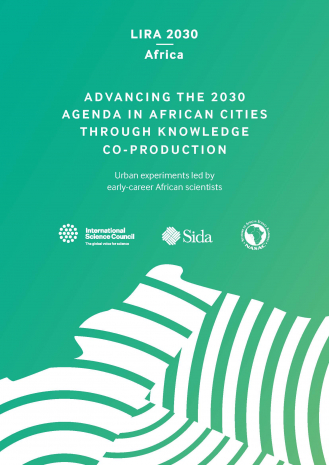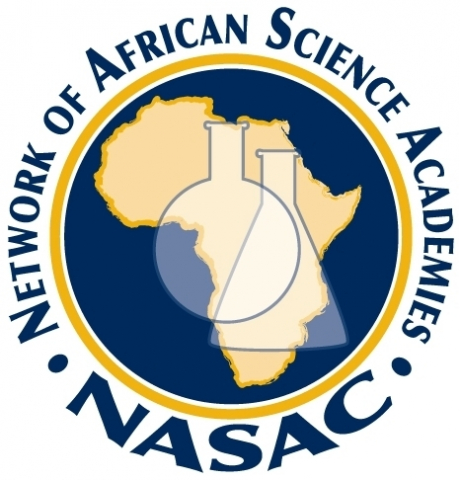Urban experiments led by early-career African Scientists
The 2030 Agenda with its Sustainable Development Goals (SDGs), Agenda 2063 of the African Union, the Paris Agreement on Climate Change, the Sendai Framework on Disaster Risk Reduction and the New Urban Agenda (NUA) all recognize the critical role of cities in transformation towards sustainable development. With the fastest urbanization rates in the world, African cities are at the front line of global development. Given that the bulk of urbanization in Africa has not yet taken place, African cities have an unprecedented opportunity to shape their urban futures in an inclusive, sustainable and resilient manner. Decisions being taken now by governments at the national, sub- national and city level will have consequences for the functioning, liveability and environmental sustainability of cities for decades to come.
To stimulate the new evidence required for practice and policy-making in sustainable urban development, the International Science Council (ISC) has implemented Leading Integrated Research for Agenda 2030 in Africa (LIRA 2030 Africa), a five-year research programme running from January 2016 to December 2020, in partnership with the Network of African Science Academies (NASAC). Financial support has been provided by the Swedish International Development Cooperation Agency (Sida). The overall goal of the programme is to build the capacity of the next generation of African scientists to lead the innovative re-thinking of urban futures on the continent, working with local communities, policy and practice.
To learn more about how LIRA 2030 Africa works, see here .



